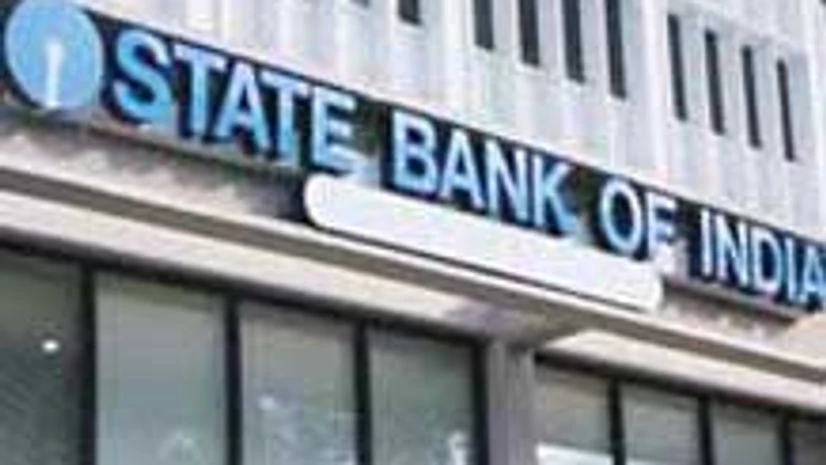State Bank of India (SBI) is taking steps to clamp on bad loans that include web-based tracking of assets and “regular calls” to stressed accounts in the retail as well as real estate segments, Arundhati Bhattacharya, chairman of the country's largest lender, has said.
In addition, the bank has initiated “dynamic credit rating” review of borrowal accounts to capture deterioration in credit quality promptly and initiate corrective action and facilitate correct pricing of risk, she said in a message to shareholders ahead of the bank's July 2 annual general meeting.
“During the year (2014-15), the bank has embarked on a number of initiatives to clamp down on NPAs (non-performing assets). Some of them are web-based assets tracking & monitoring and regular calls to stressed accounts in the retail segment and real estate sector to prevent slippages...,” she said.
More From This Section
Of this, gross NPAs in retail was Rs 2,528 crore at the end of March 2015. It has come down from Rs 3,034 crore at the end of 2013-14.
Besides, she said, the bank has also set up asset tracking centres at all circles, and formed various committees to review stressed assets periodically and suggest resolutions and turn around strategies.
The bank’s gross NPA in absolute terms declined to Rs 56,725 crore while the net NPA came down to Rs 27,591 crore at the end of March 2015.
During 2014-15, the bank’s asset quality improved NPAs or bad loans were trimmed to 2.12 per cent of net advances as against 2.57 per cent at the end of the previous financial year.
At the same time, gross NPAs also came down to 4.25 per cent of gross advances, from 4.95 per cent at the end of March 2014.
With regard to capital requirement, Bhattacharya said: “As the pace of economic activity gathers further momentum in the coming years, the bank will be required to improve and strengthen its capital planning processes to support future business growth.”
Furthermore, she added, in view of the implementation of Basel-III capital regulations, the transitional period for full implementation of Basel-III capital regulations in India has already been extended up to March 31, 2019, by the Reserve Bank of India.

)
